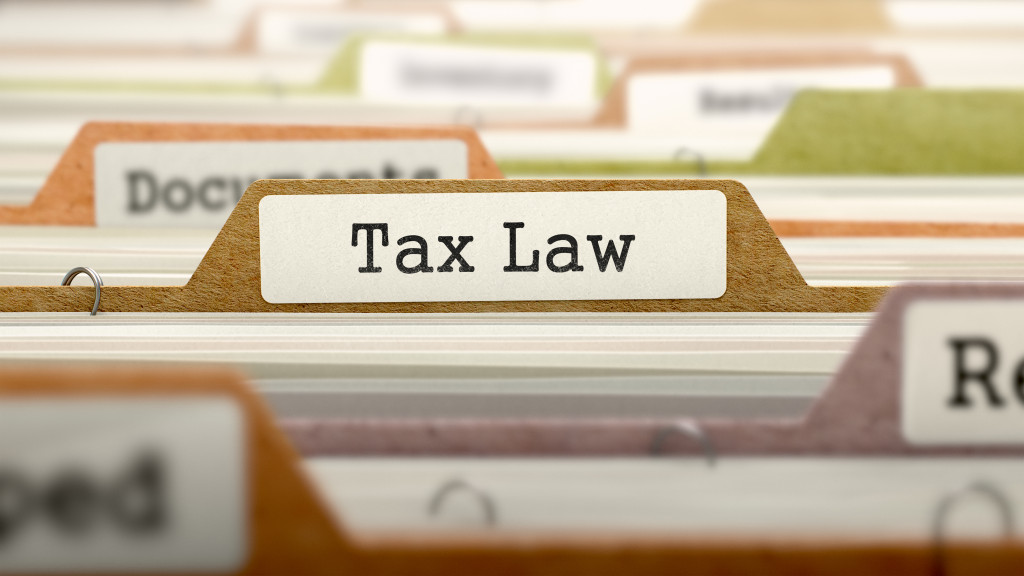As a business owner, you are likely always looking for ways to protect your business. After all, your business is your livelihood. You have worked hard to build it up, and you want to do everything you can to keep it safe. One of the best ways to protect your business is to be aware of the various legal issues that could potentially arise. By educating yourself about these issues, you can take steps to prevent them from happening in the first place.
1. Copyright infringement
One legal issue that can affect your business is copyright infringement. Understanding what constitutes copyright infringement is crucial so you can protect yourself and your business from potential claims. To do this, ensure all your content is properly attributed and that any images or videos you use are royalty-free or licensed correctly. Many websites have helpful resources to help you understand copyright law and how it applies to your business.
You can also register your work with the U.S. Copyright Office, as this gives you additional legal protection and can help in any disputes related to copyright infringement. You can find more information about how to do this on the U.S. Copyright Office website. They also offer a variety of resources to help you understand the various aspects of copyright law.
2. Contract disputes
A written contract should accompany every business transaction. This will help ensure that both parties are clear on the terms and conditions of the agreement. It also provides a legal framework for any disputes that may arise. Some common contract disputes include breach of contract, non-payment or late payment, and termination without cause.
To reduce the risk of a potential contract issue, you should always consult an experienced commercial law attorney before signing any contracts to ensure that all of your rights and interests are represented. They can also help you resolve any contract disputes that may arise. You should also ensure that all contracts are reviewed and updated regularly to comply with the law.
3. Tax laws and regulations
Complying with tax laws and regulations is essential to running a successful business. Your business needs to be up-to-date on all of the relevant tax laws and regulations in your area and any federal or state tax laws that may apply. It is important to understand how taxes affect your business and ensure you pay the correct amount each year. You must also keep accurate records and organize your finances to make filing taxes easier.
You may consider investing in tax software or hiring an accountant to help you with your taxes. They will be able to answer any questions you have and provide additional support in handling your taxes correctly. If you are ever audited by the IRS, having accurate records, and an understanding of tax laws and regulations can help the process go more smoothly.
4. Employee law issues
The laws regarding hiring, firing and other employee matters can be complex, so it is essential to learn about them. Different states may have different laws regarding things like overtime pay, minimum wage, and other employee rights. These laws can be difficult to understand and navigate without the help of an employment lawyer.
It is essential to review your employee handbook and other policies regularly to ensure they are up-to-date and compliant with the law. You should also create an organizational structure that is clear and easy to understand. A well-defined chain of command can help prevent any misunderstandings that could lead to legal disputes.
Finally, ensure you understand the different types of employee benefits you are offering and that they are properly administered. This will help ensure you are providing your employees with all the benefits to which they are entitled. They can also help you avoid legal issues arising from not offering the proper benefits.
5. Regulatory compliance
Your business may need to comply with various regulatory laws and regulations depending on the industry. These include product safety standards, environmental regulations, and privacy laws. Failing to comply with these regulations can result in hefty fines or criminal penalties. You can reduce the risk of non-compliance by staying up-to-date on the latest laws and regulations that relate to your business.
You may also want to consider hiring a compliance consultant to help you identify areas where your business may be vulnerable. They can also guide you on how to ensure that you comply with the law. It is also important to create and implement internal procedures that help ensure your business remains compliant.
Running a successful business requires having a thorough understanding of various laws and regulations. It is crucial to stay up-to-date on relevant laws related to contracts, taxes, employees, and regulatory compliance. It is also important to have the right resources, such as a lawyer or accountant, to help you resolve any legal issues. With the right knowledge and resources, you can protect your business from various legal issues.




